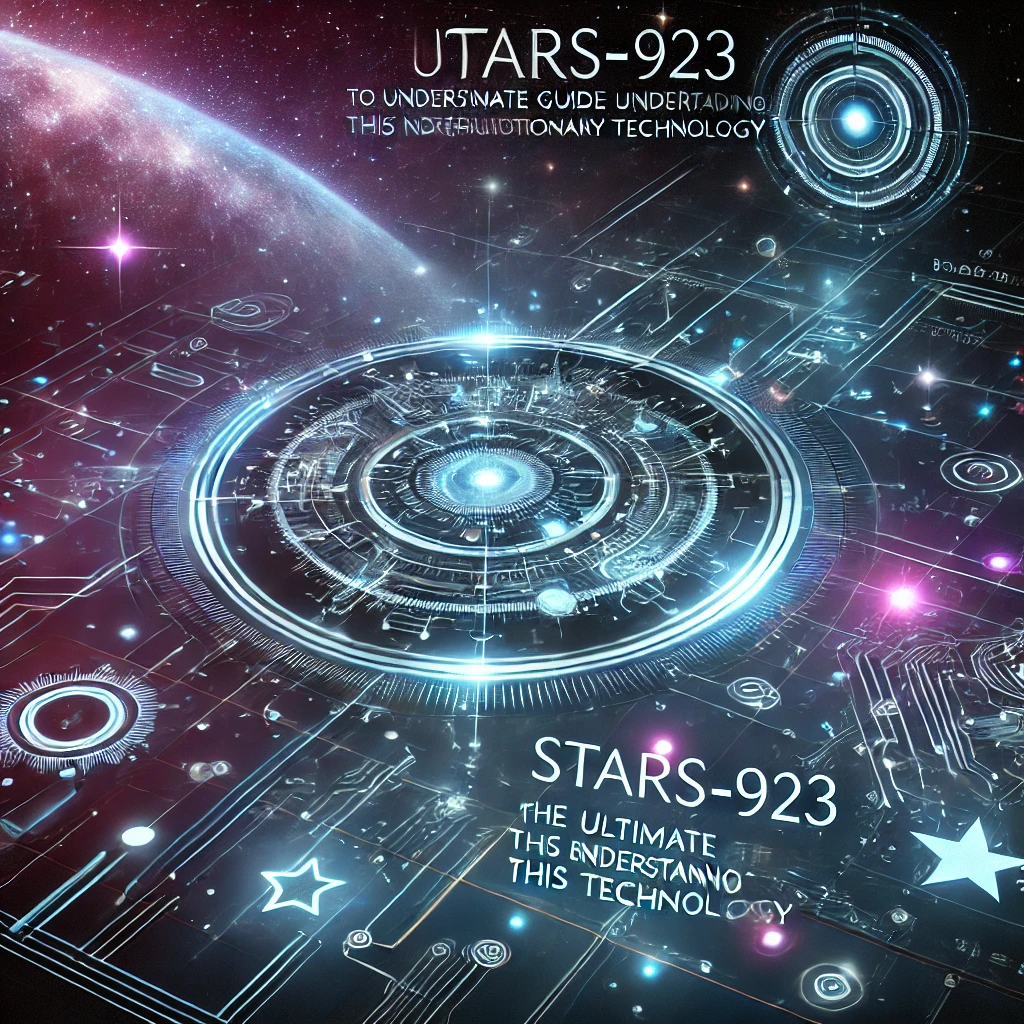Language offers a fascinating lens into culture, and certain expressions, like “Yokeru Kamo” from Japanese, encapsulate profound philosophies that transcend their literal translation. Simple yet impactful, this phrase invites reflection on how we approach challenges, uncertainty, and decision-making in our lives.
What Does “Yokeru Kamo” Mean?
The phrase “Yokeru Kamo” holds deeper significance in the Japanese language and culture than its literal translation may suggest. Composed of two core elements—Yokeru and Kamo—the phrase invites us to reconsider how we approach life’s challenges, uncertainties, and decisions.
1. The Meaning of “Yokeru” (避ける)
The word “Yokeru” (避ける) is commonly translated as “to avoid” or “to steer clear of.” On the surface, it seems straightforward, pointing to the act of evading something—be it a difficult situation, a challenge, or even a person.
However, in the context of Japanese culture, “Yokeru” carries more nuanced meanings. It suggests not just avoidance, but the thoughtful act of sidestepping—a subtle approach that requires discernment and an understanding of when to hold back, rather than push forward aggressively. This can involve choosing a path of least resistance, steering away from unnecessary conflict, or recognizing when a situation is best left undisturbed.
2. The Role of “Kamo” (かも)
The second part of the phrase, “Kamo” (かも), introduces an element of uncertainty or possibility. In Japanese, “Kamo” is a linguistic tool used to indicate something that might be true or may happen. It doesn’t make a definitive statement but rather leaves room for doubt or flexibility.
When paired with “Yokeru,” the word “Kamo” softens the expression. Instead of declaring that something will certainly be avoided, it introduces the idea that perhaps the situation can be sidestepped—or maybe not. This element of possibility invites a more fluid perspective, where outcomes are not set in stone, and different paths are available. It reflects the Japanese belief in embracing uncertainty and adapting to change, rather than clinging to rigid expectations.
3. The Combined Meaning: “Perhaps It Can Be Avoided”
Together, “Yokeru Kamo” conveys the idea of “perhaps it can be avoided” or “maybe it’s possible to sidestep this situation.” The phrase doesn’t suggest running away from challenges entirely, but instead emphasizes the potential for making decisions that navigate around difficulties or choose alternative paths.
This reflects an approach to life that is both mindful and strategic, encouraging individuals to avoid unnecessary conflict, discomfort, or harm without avoiding the responsibility of facing situations.
4. The Underlying Philosophy: A Mindset of Graceful Navigation
The true power of “Yokeru Kamo” lies not in simple avoidance, but in adopting a mindset of graceful navigation. It suggests that life is filled with moments of uncertainty and that sometimes the best course of action is to choose a path that minimizes disruption, fosters harmony, and leaves room for alternative outcomes.
In this sense, “Yokeru Kamo” teaches that there’s no shame in choosing a quieter route or seeking peaceful solutions. It encourages flexibility, adaptability, and a balance between action and reflection. Life’s challenges don’t always require direct confrontation or head-on responses; sometimes, the most effective solution is simply knowing when to step aside, reflect, and reconsider the best way forward.
The Core Concept: Embracing Uncertainty and Possibility
What makes “Yokeru Kamo” such a compelling expression is the way it conveys a blend of possibilities and ambiguity. Here’s why this phrase stands out:
- Reflective Decision-Making: Rather than rushing into decisions or tackling challenges head-on, this concept encourages taking a moment to reflect, question, and explore whether an alternative route could yield better results. It’s about thoughtful consideration before action.
- Balance Between Certainty and Doubt: By including “Kamo,” the phrase highlights the importance of leaving room for flexibility.
- Grace in Adversity: In Japanese culture, there is a deep respect for maintaining peace and harmony. “Yokeru Kamo” reflects this ethos by suggesting that avoiding direct confrontation or harm can often be more effective than engaging in conflict.
How “Yokeru Kamo” Reflects Broader Japanese Values
Understanding “Yokeru Kamo” provides valuable insight into broader Japanese philosophies that emphasize harmony and mindfulness. Here are a few key cultural concepts that align with this phrase:
- Harmony (Wa): At the heart of Japanese society is the pursuit of wa, or harmony.
- Mindfulness: The concept of mindfulness is deeply ingrained in Japanese thought. “Yokeru Kamo” reflects this practice by encouraging individuals to pause, reflect, and consider the most harmonious course of action.
- Respect for Nature: Traditional Japanese philosophy often mirrors the resilience and adaptability found in nature. Just as a tree bends in the wind, humans can learn to navigate life’s challenges with grace and flexibility, avoiding unnecessary strain.
- Indirect Communication: Japanese culture tends to favor subtlety and indirectness in communication, which is precisely what “Yokeru Kamo” embodies. It’s an expression of possibility, not certainty, allowing room for interpretation and choice.
Incorporating “Yokeru Kamo” in Daily Life
The concept of “Yokeru Kamo” isn’t confined to Japan—it can resonate with anyone looking for a more thoughtful approach to decision-making and problem-solving. Here are some ways to incorporate this philosophy into your own life:
1. Pause and Reflect Before Reacting
In today’s fast-paced world, it’s easy to react impulsively to situations. However, “Yokeru Kamo” encourages us to reflect before jumping into action. Ask yourself: Is this a situation where I can gracefully avoid confrontation or difficulty?
Example: If you’re in a heated discussion, consider whether stepping back or letting go of the argument might preserve relationships in the long run.
2. Acknowledge Life’s Uncertainty
Not everything in life is predictable, and the phrase “Yokeru Kamo” gently reminds us that we don’t always have to have a clear, rigid path. Embrace the uncertainty and flexibility that comes with decision-making.
Example: When planning a project, consider the possibility that new information might change your approach—stay open to other potential directions.
3. Navigate Challenges with Grace
Avoidance doesn’t mean neglecting responsibility; it’s about finding the path of least resistance. Sometimes, the most graceful response to a challenge is choosing a course that prevents unnecessary strain.
Why “Yokeru Kamo” Matters More Than Ever
In today’s fast-paced world, there’s an increasing emphasis on making quick decisions and obtaining clear, definitive results. This drive for instant action often leads to stress, burnout, and an over-reliance on forceful solutions to life’s problems. In such an environment, the philosophy embedded in the phrase “Yokeru Kamo” provides a much-needed balance.
This expression encourages us to slow down, pause for reflection, and take a more thoughtful approach when facing decisions and challenges. “Yokeru Kamo” reminds us that it’s okay to not always have an immediate answer or to seek alternatives that avoid unnecessary tension or conflict.
Moreover, “Yokeru Kamo” encourages us to embrace the uncertainty of life. The phrase invites us to acknowledge that we don’t always have control over outcomes and that it’s impossible to anticipate every variable. Yet, rather than feeling helpless in the face of uncertainty, this mindset offers a way to move forward with flexibility and grace. Instead of forcing outcomes, it advocates for responding to situations in a way that minimizes harm, preserves relationships, and maintains emotional well-being.
In essence, this philosophy is deeply aligned with the principles of mindfulness, where we are encouraged to observe and reflect before reacting. The value of this approach in today’s world cannot be overstated. It allows us to engage with challenges without the burden of perfectionism or haste.
FAQ About “Yokeru Kamo”
Q: What does “Yokeru Kamo” mean?
A: “Yokeru Kamo” is a Japanese phrase that combines two words: “Yokeru” (to avoid) and “Kamo” (possibly). It roughly translates to “perhaps it can be avoided” or “maybe it’s possible to sidestep this situation,” suggesting a thoughtful and flexible approach to dealing with challenges.
Q: Why is “Yokeru Kamo” significant in Japanese culture?
A: This phrase reflects key aspects of Japanese culture, such as mindfulness, harmony (wa), and the ability to adapt to uncertainty. It encourages avoiding unnecessary conflict and considering alternative solutions, which align with the Japanese values of respect, subtlety, and grace under pressure.
Q: How does “Yokeru Kamo” relate to decision-making?
A: “Yokeru Kamo” promotes a mindful approach to decision-making. It encourages reflection before reacting impulsively and highlights the importance of considering options that avoid conflict, uncertainty, or harm. It’s about thoughtful navigation of challenges rather than rushing into them.
Q: Can “Yokeru Kamo” be applied outside of Japan?
A: Yes, the core idea of “Yokeru Kamo” is universal. Anyone can benefit from its principles by adopting a more reflective, patient, and flexible approach to everyday situations. It’s about taking a step back, embracing uncertainty, and making decisions that preserve peace and balance.
Q: What are the benefits of applying “Yokeru Kamo” in daily life?
A: By embracing “Yokeru Kamo,” individuals can improve their ability to handle life’s challenges with grace and wisdom. It helps reduce stress, prevent unnecessary conflict, and encourages a mindset of adaptability and mindful decision-making, leading to a more peaceful and balanced life.
Final Thoughts: Embracing the Art of “Yokeru Kamo”
Ultimately, “Yokeru Kamo” is more than just a phrase—it’s an invitation to live mindfully and navigate life with grace and humility. The next time you face a challenge, take a moment to reflect and ask yourself: Can this situation be avoided? You might just find that this simple yet profound approach leads to a more peaceful and fulfilling life.












